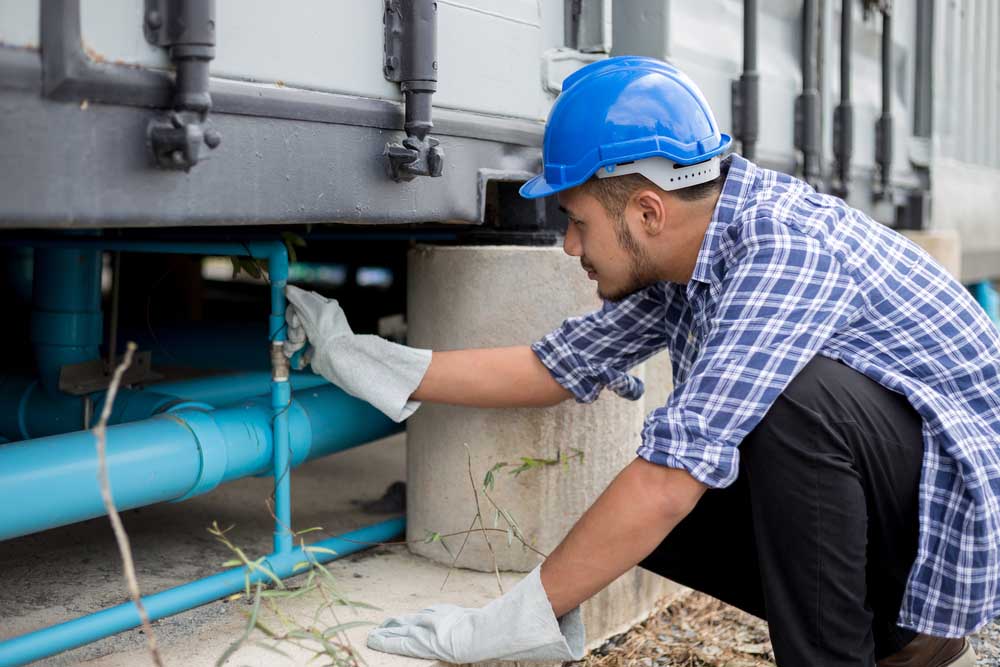Navigating Regulations and Compliance for Potable Water Line Installation

Potable water line installation is vital for providing safe, clean drinking water in businesses and other commercial properties. However, this essential infrastructure is subject to various legal regulations designed to protect public health and the environment. NuFlow South Pacific understands how to navigate the complexities of regulation compliance and makes it a point to observe key legal considerations for our potable water line services in Waimea, HI.
Understanding Regulatory Requirements
Installing potable water lines requires adherence to federal, state, and local regulations. At the federal level, the Safe Drinking Water Act (SDWA) sets standards for water quality and mandates that materials used in potable water line installation do not contaminate drinking water. Additionally, state and local governments may impose further building codes, environmental standards, and permitting requirements. It’s important to research the specific regulations for your location, as they can vary depending on the region and the type of property being serviced.
Permitting and Approval Process
Before starting any potable water line replacement or installation, securing the necessary permits is paramount. Failure to obtain proper permits can lead to fines, project delays, or legal action. The permit process typically involves submitting detailed plans to local authorities and demonstrating compliance with all safety and environmental regulations. For larger projects, additional environmental impact assessments may be required to verify that the work does not harm local ecosystems or water sources.
Choosing Compliant Materials
Materials used in potable water lines must meet strict safety and durability standards to protect public health and avoid penalties for non-compliance. For example, pipes and fittings should be made from approved materials like copper or high-quality PVC to prevent chemical leaching into the water supply. Lead pipes are no longer acceptable due to their health risks, and replacing older lead lines or a severely damaged potable water line is mandatory under many regulations.
Inspection and Testing Protocols
After installation, potable water lines must undergo inspections and testing to confirm they meet regulatory standards. Inspections verify that the installation is up to code, while water quality testing checks for contaminants. It is essential to work with certified professionals familiar with the testing protocols required in your area. Regular testing may also be mandated by law, especially for commercial or multi-unit properties.
Partnering with NuFlow South Pacific
NuFlow South Pacific specializes in potable water line repair and installation services that adhere to all regulatory requirements. Our team is well-versed in the legal considerations involved in safe, efficient, and compliant water line systems. Whether you need a new installation or an upgrade to existing infrastructure, we provide expert solutions backed by years of experience in the industry.
Contact NuFlow South Pacific today to schedule a consultation.
Contact Nu Flow South Pacific
